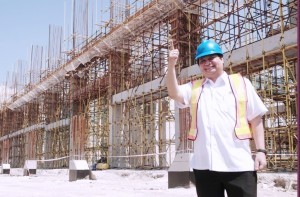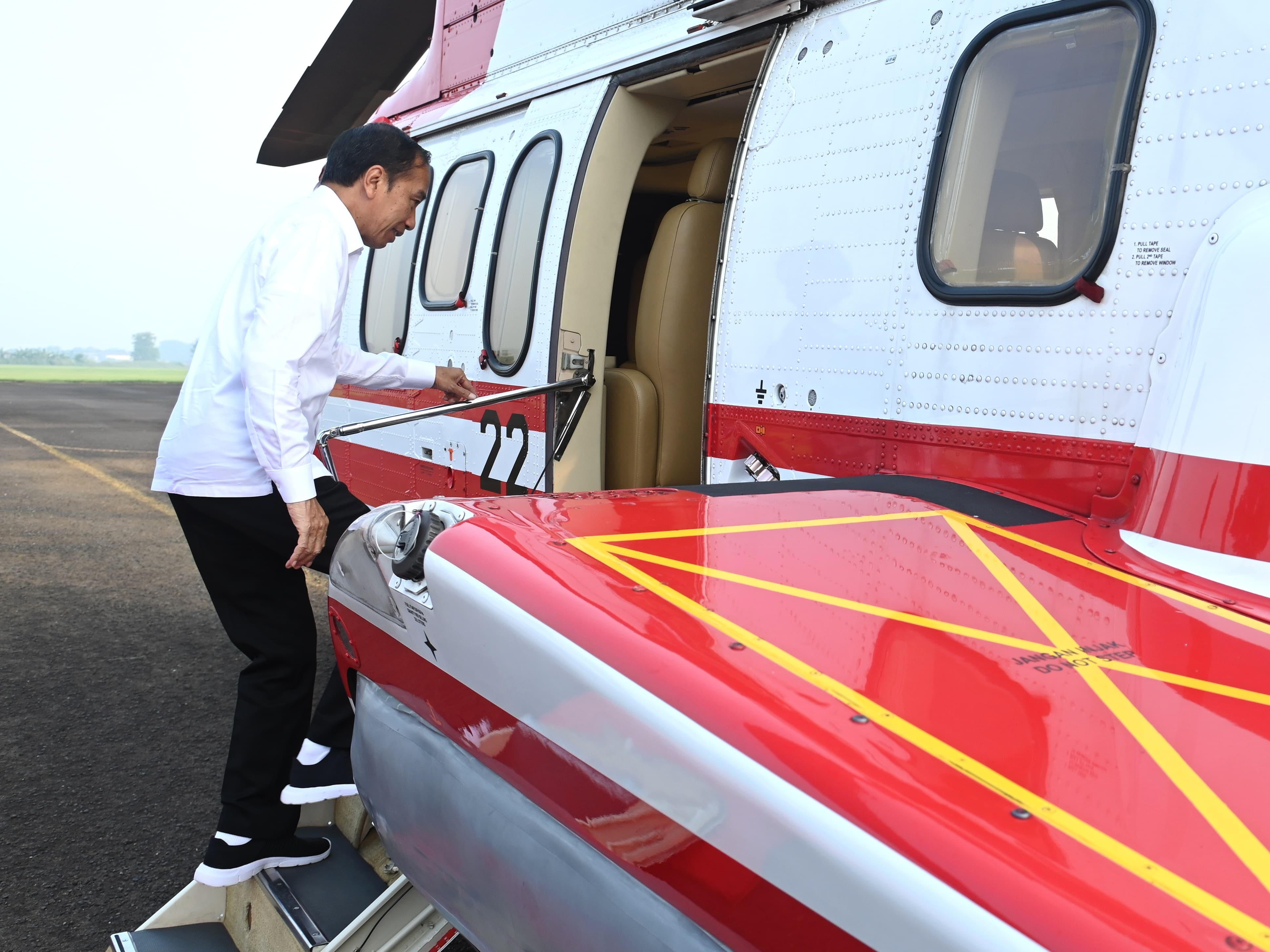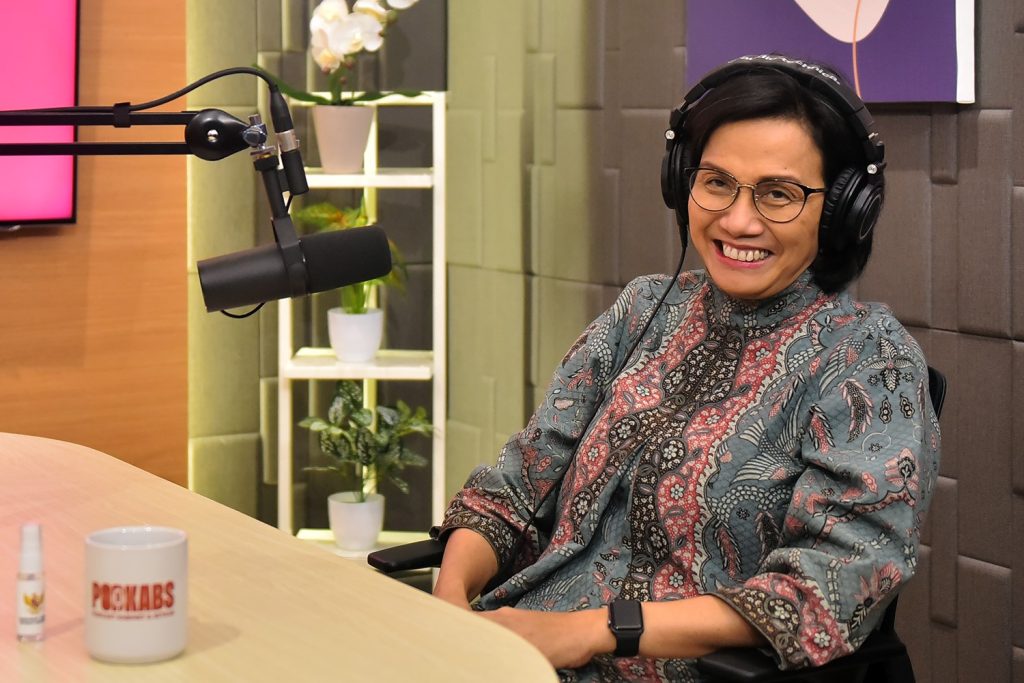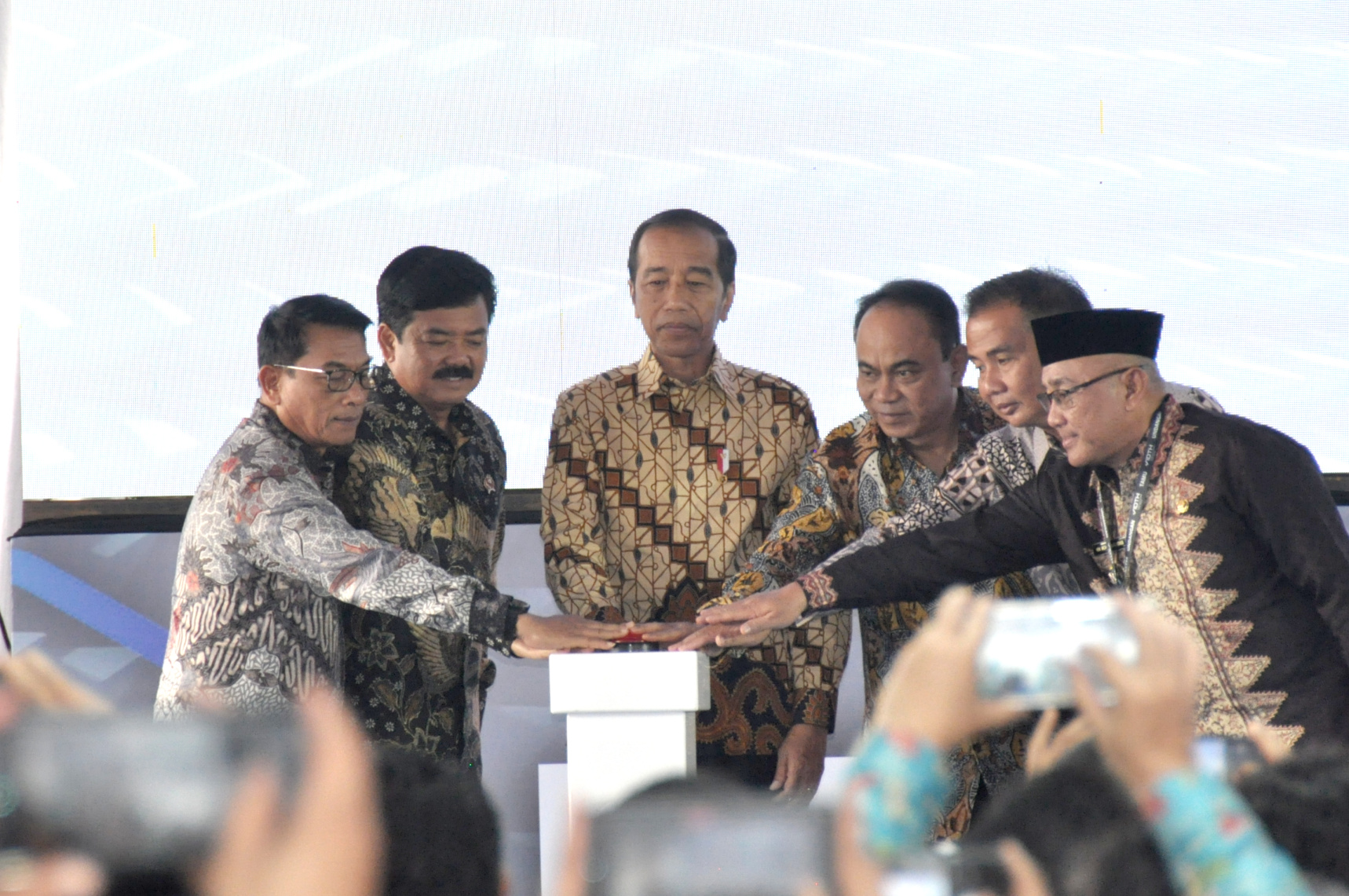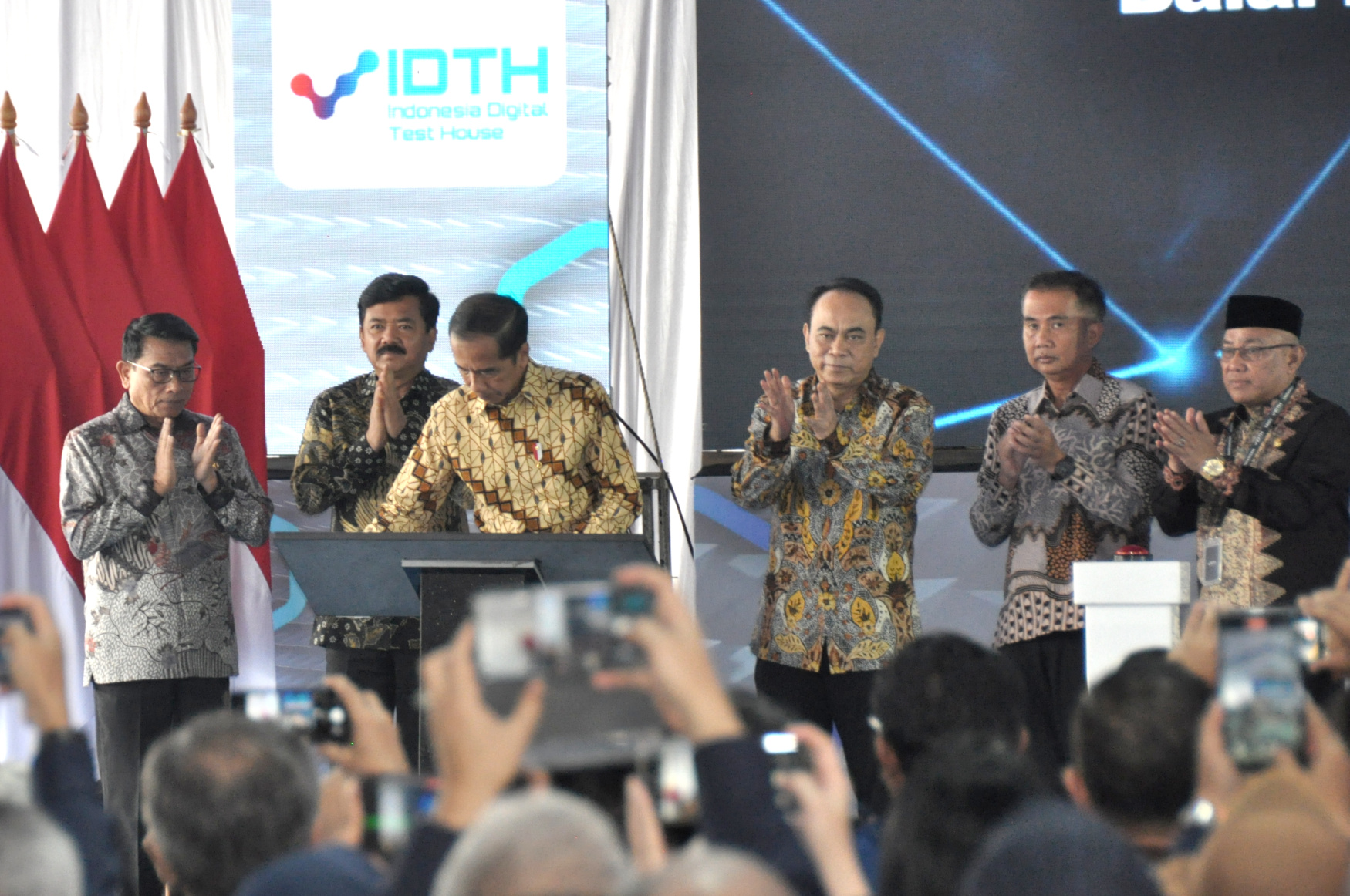Govt to Complete Development of 18 Industrial Estates outside Java in 2019
The Indonesian Government is determined to continue accelerating development of industrial estates outside Java in order to boost infrastructure development and create economic equality in the country.
The Government has also set the target of operating 18 industrial estates outside Java next year.
As many as 8 out of 18 industrial estates are currently under construction, namely Lhoukseumawe, Ladong, Medan, Tanjung Buton, Landak, Maloy, Tanah Kuning, and Bitung, and the remaining 10 are still in the planning stage, including Kuala Tanjung, Kemingking, Tanjung Api-api, Gandus, Tanjung Jabung, Tanggamus, Batulicin, Jorong, Buli and Bintuni Bay.
Until November 2018, 10 industrial estates listed on the National Strategic Projects (PSN) have been operating, said Minister of Industry Airlangga Hartarto in Jakarta, Monday (17/12).
Those 10 industrial estates are located in Morowali, Bantaeng, Konawe, Palu, Sei Mangkei, Dumai, Ketapang, Gresik, Kendal, and Banten.
Under Presidential Regulation Number 58 of 2017 on the Acceleration of the PSN Implementation, 23 industrial estates are stipulated as the PSN. The development of industrial estates constitutes the Governments top priority to materialize an inclusive economy, said Airlangga.
We project that there will be a 60 percent increase in the contribution of non-oil and gas processing industries outside Java compared to those in Java, he added.
Regarding industrial estates in Java, Airlangga said that those industrial states would focus on developing certain types of industries, while development of new industrial estates outside Java is directed at natural resource-based industries and mineral processing.
Sei Mangkei and Kuala Tanjung industrial estates, for example, are designated to become a cluster for the development of agro-and-aluminum based industries because state mining holding company Inalum and CPO processing industry are located there, Airlangga said.
The Minister added that measures are also being taken to spur downstream industry. Inalum has produced aluminum alloy that can be used by the automotive sector for engine blocks, he said.
The Minister maintained that the development of downstream industry is aimed at increasing the value added of domestic raw materials so that they can substitute imported products, increase foreign exchange earnings from export proceeds, complete supply chain of manufacturing in Indonesia, as well as strengthen Indonesias industrial structure.
For example, in Morowali, we managed to downstream nickel ore to stainless steel. If nickel ore is priced at around US$40-60 and stainless steel is priced at above US$2,000. We have been able to export from Morowali for US$4 billion, both hot rolled coil and cold rolled coil to the United States and China, said Airlangga.
Airlangga also expressed optimism that the development of industrial estates will increase the value of investment in Indonesia. In reality, the establishment of factories will provide many job opportunities for the locals. This is one proof of the multiplier effect of industrialization activities, he explained.
As of November 2018, investment realization in the industrial sector has reached Rp70.8 trillion, accounting for 27.72 percent of all investments in Indonesia, while the number of workers in the industrial sector has hit 17.92 million people in the first semester this year.
Minister Airlangga also cited an example of Cilegon cluster that has already attracted several additional investors such as Posco and Krakatau Steel with the investment value amounting to USD3 billion. Lotte Group has also recently conducted a groundbreaking of USD3.5 billion at Cilegon cluster.
(These new investments) are expected to boost the confidence of other investors because it is conducted ahead of the political year, meaning that investors no longer need to wait because Indonesias economic and political conditions are considered stable, Airlangga concluded. (Public Relations Ministry of Industry/ES)
Translated by: Muhardi
Edited by: M. Ersan Pamungkas





